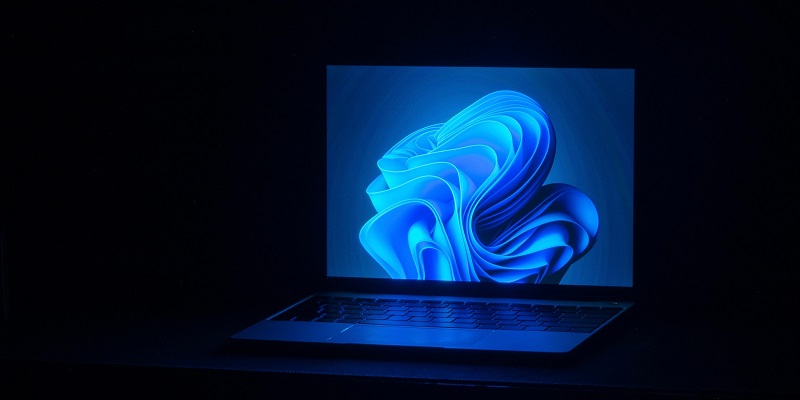In an age where speed and efficiency are paramount, it is disheartening to discover that the default setting in Windows 11 Pro is robbing SSDs of up to 45 percent of their potential speed. This setback stems from the automatic activation of BitLocker encryption, a feature designed to enhance data security but inadvertently impacting the performance of solid-state drives (SSDs).
BitLocker encryption is enabled by default in Windows 11 Pro, causing slowdowns to SSDs
Windows 11 Pro, designed for professional use, comes with BitLocker encryption enabled by default. While the intention behind this security measure is commendable, it comes at a cost – a significant slowdown in SSD performance. Unlike hard disk drives (HDDs) that may not be greatly affected, SSDs rely heavily on efficient data transfer to deliver their lightning-fast performance. Unfortunately, the inherent nature of software-based encryption processes can impede this crucial aspect.
Hardware-based vs. software-based encryption in SSDs
Many SSD models come equipped with a built-in hardware-based encryption feature that performs all encryption and decryption functions directly on the drive itself. This hardware-based encryption bypasses the performance drawbacks associated with software-based encryption processes. However, Windows 11 Pro automatically enables the software version of BitLocker during installation, leaving users with limited options to opt out.
Performance impact of software BitLocker encryption on SSDs
To determine the precise impact of software BitLocker encryption on SSD performance, Tom’s Hardware conducted a series of tests. They compared three scenarios: one with no encryption (unencrypted), one with the default software BitLocker encryption enabled, and one with hardware BitLocker (OPAL) enabled.
Latency and transfer rate differences between encryption settings
The test results revealed a noticeable discrepancy in performance. Unsurprisingly, the scenario with no encryption showcased the highest performance, as data could flow freely without any additional encryption overhead. Surprisingly, the hardware-based encryption and the absence of encryption performed at similar levels, indicating that hardware-based encryption does not significantly degrade SSD performance. However, the software-based BitLocker encryption exhibited negative impacts, including increased latency and decreased transfer rates.
Consider changing BitLocker settings to optimize SSD performance
In light of these findings, it is advisable for users who have BitLocker encryption enabled by default on their Windows 11 Pro devices to consider altering their settings. By disabling software-based BitLocker and exploring the option of hardware-based encryption provided by their SSD, they can optimize performance without compromising data security.
It is disconcerting to learn that the default setting in Windows 11 Pro, intended to enhance data security, inadvertently hampers SSD performance. The automatic activation of software BitLocker encryption slows down data transfer and increases latency, robbing users of the full potential of their SSDs. By providing users with the choice to enable or disable encryption during the installation process and by emphasizing the benefits of hardware-based encryption, Windows 11 Pro could strike a better balance between security and speed, ensuring a seamless computing experience for professionals.

